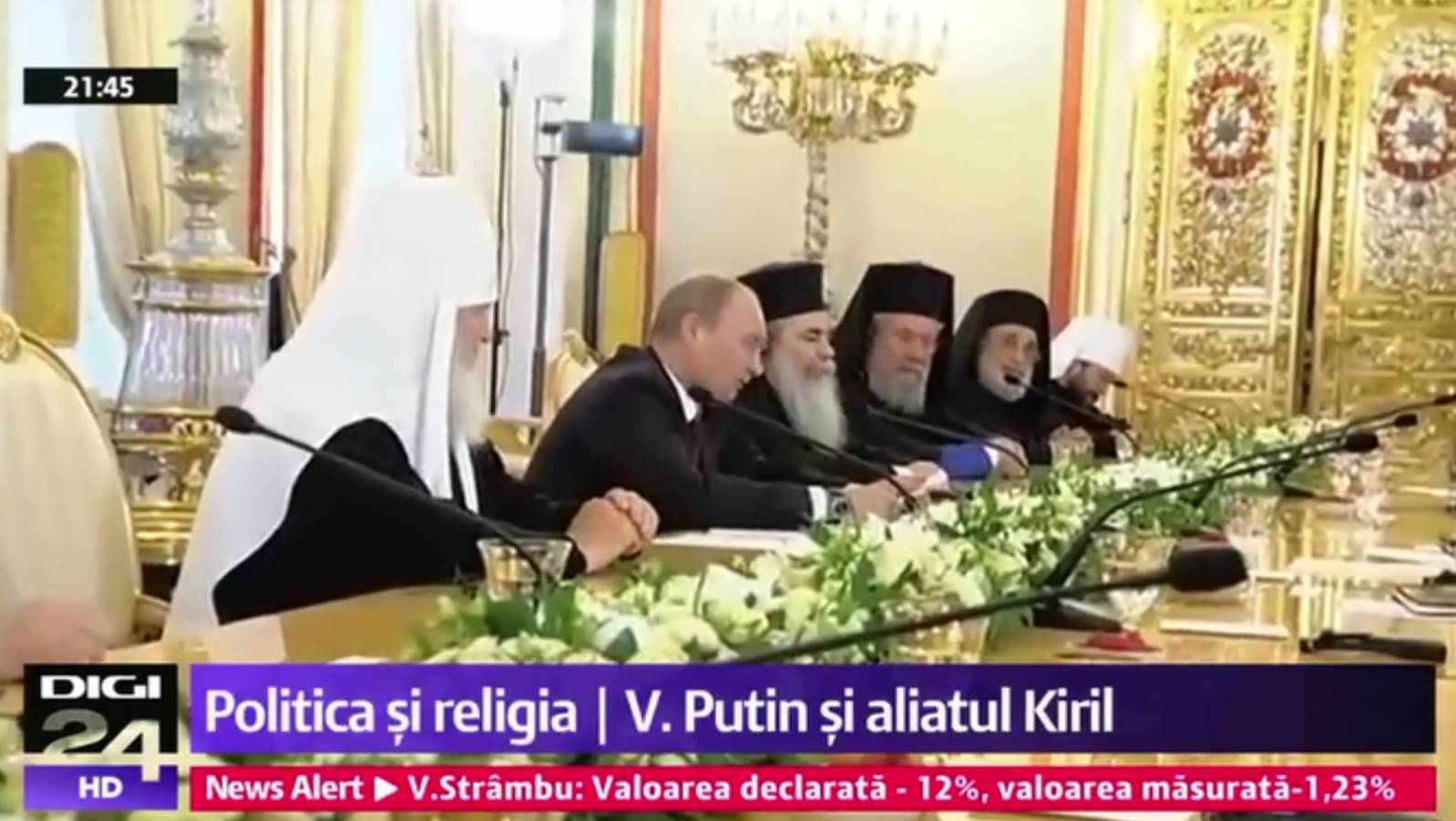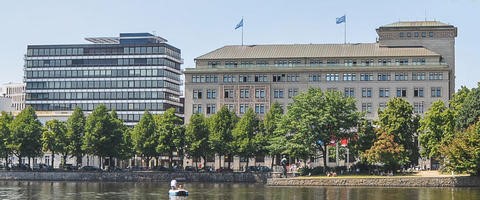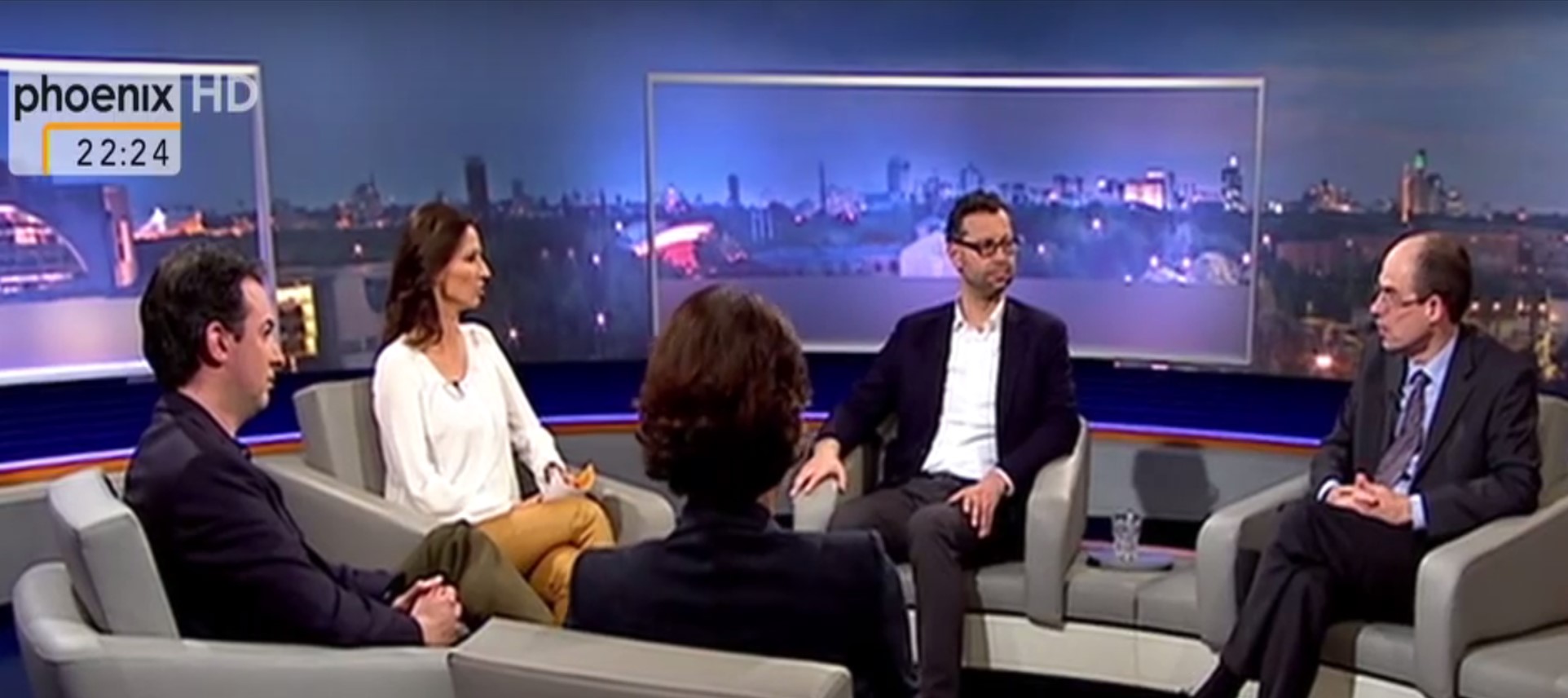An interview with Andrej Matišák from Slovakia’s daily newspaper Pravda, 7.2.2015
In early 2015 Lajos Simicska, an influential businessman affiliated with Hungary’s governing party FIDESZ waged a conflict with Hungary’s controversial Prime Minister Viktor Orbán.
What is this “fight” between Simicska and Orban about, what’s the main problem?
On the surface, Simicska has waged this war against Orbán because he sees his media companies as a victim of the new media advertisement taxation rules the government is preparing. Since the government is under pressure to change the highly progressive, size-dependent tax rates targeting RTL Klub (a looming treaty infringement procedure before the European Court of Justice), the government decided to introduce a tax rate that would burden Simicska’s companies. However, this conflict is probably only a symptom of the more fundamental alienation that has occurred in the course of the last year between Orbán and Simicska, the hitherto prime oligarch of FIDESZ. The most likely explanation seems to be that Orbán lost trust in Simicska and has begun viewing him as too powerful and a threat to FIDESZ rule. Therefore Orbán sought to strengthen other FIDESZ-affiliated oligarchs (Zsolt Hernádi, MOL-CEO, and István Garancsi, Videoton FC owner) in order to reduce his dependence on Simicska. read more

 More frequent references and appeals to shared religious beliefs in recent years reflect the growth of right-wing populism, uncertainties caused by the crisis of European integration and fears regarding the inflow of predominantly Muslim refugees. The extent to which religious references are made in political discourses also varies according to the strength of religious allegiances and the respective influence of churches in societies. Contemporary resonance structures are rooted in state identities and the influences of historical state-building coalitions with churches.
More frequent references and appeals to shared religious beliefs in recent years reflect the growth of right-wing populism, uncertainties caused by the crisis of European integration and fears regarding the inflow of predominantly Muslim refugees. The extent to which religious references are made in political discourses also varies according to the strength of religious allegiances and the respective influence of churches in societies. Contemporary resonance structures are rooted in state identities and the influences of historical state-building coalitions with churches.
